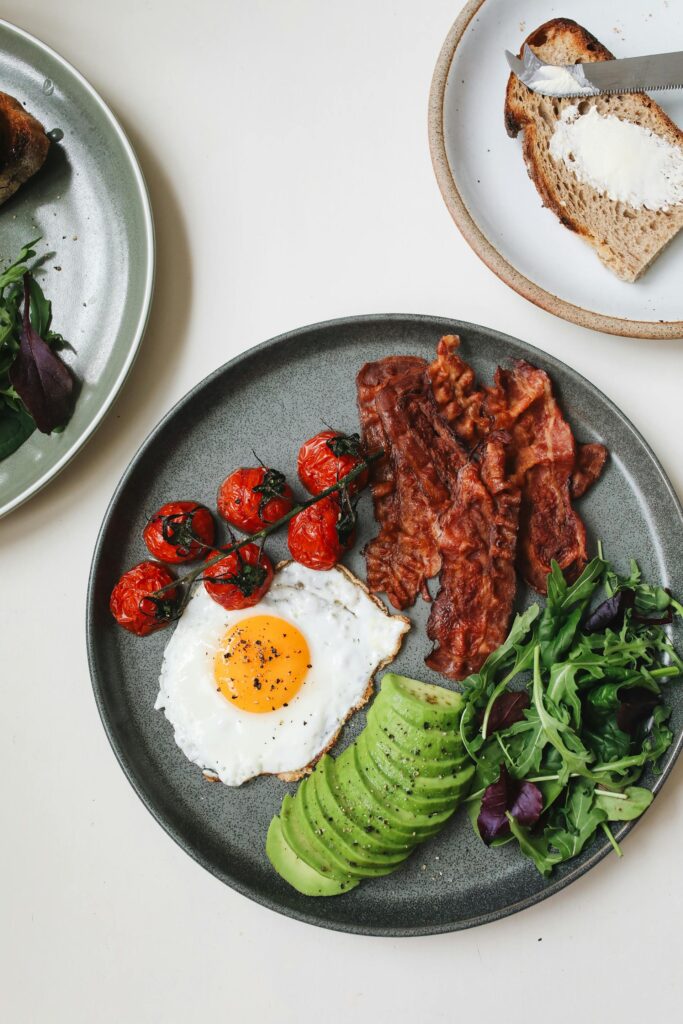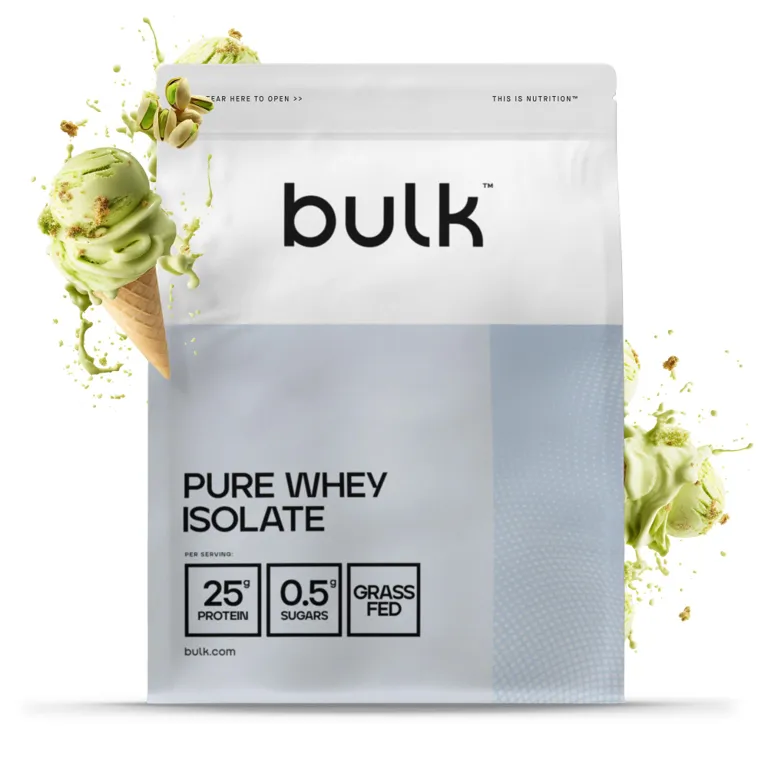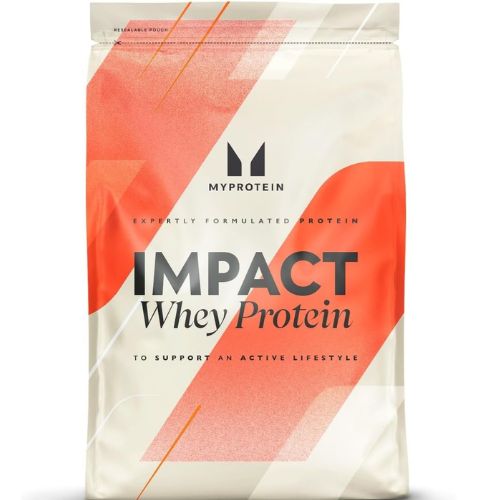Losing weight can seem challenging, but with the right approach, it becomes manageable and even sustainable. Whether you want to shed a few pounds or undergo a complete transformation, this guide will walk you through the most effective strategies for healthy weight loss. By focusing on nutrition, exercise, and lifestyle changes, you can achieve your weight loss goals in a way that lasts.

What the Academy of Nutrition and Dietetics say about weight loss is, ” It is best to lose weight gradually. It’s more likely to stay off. If you shed pounds too fast, you’ll lose muscle, bone, and water instead of fat”
The principle of weight loss is not as simple as the principle of weight gain, energy intake should exceed energy expenditure. Nutrition and exercise are both important while trying to lose weight. Eating fewer calories has a bigger immediate impact, but staying active will help you keep on to lose weight. And, of course, exercise has major benefits for your body and mind whether you’re trying to lose weight or not. Meanwhile, the metabolism of your body and how well your body turns calories into fuel matters a lot. If you cut more calories, you not only skimp on nutrients, but you slow down your metabolism, making weight loss even harder in the long run.
Proven strategies for effective weight loss
1. Create a Caloric Deficit
The key to weight loss is simple: you need to burn more calories than you consume, which is known as a caloric deficit. When your body burns more calories than you eat, it taps into fat stores for energy, leading to weight loss.
How to Calculate Your Caloric Needs:
Use an online calorie calculator to determine your daily caloric needs based on your age, weight, activity level, and goals. To lose weight, aim to reduce your daily intake by 500-750 calories, which should result in a healthy and sustainable weight loss of 1-2 pounds or 0.5-1 kilogram per week.
Focus on Nutrient-Dense Foods:
When focusing on nutrient-dense foods for weight loss, the goal is to maximize the nutrients you get from your food while minimizing the calorie intake. Instead of drastically cutting calories, prioritize nutrient-dense foods that keep you full while providing essential vitamins and minerals. These include:
- Lean Proteins: Chicken, turkey, fish, tofu.
- Vegetables: Leafy greens, broccoli, peppers.
- Whole Grains: Brown rice, quinoa, oats.
- Healthy Fats: Avocados, nuts, olive oil.


Pro Tip: Avoid processed foods and sugary drinks, which can quickly add unnecessary calories without providing nutrients.
2. Incorporate Regular Exercise
Exercise plays a vital role in weight loss by burning calories and increasing your metabolic rate. Combining cardio and strength training yields the best results.
Cardio for Fat Loss:
Engage in aerobic exercises like running, cycling, swimming, or brisk walking to burn calories and improve cardiovascular health. Aim for at least 150 minutes of moderate-intensity cardio or 75 minutes of high-intensity cardio per week. Also, do strength training exercises for all major muscle groups at least two times a week. One set of each exercise is enough for health and fitness benefits. Use a weight or resistance level heavy enough to tire your muscles after about 12 to 15 repetitions.
Strength Training for Lean Muscle:
Lifting weights or using resistance bands helps build lean muscle, which boosts your metabolism even at rest. Focus on compound movements such as squats, lunges, and push-ups to target multiple muscle groups.
Pro Tip: Strength training 2-3 times per week can help tone your body and prevent muscle loss during weight loss.
3. Choose the Right Weight Loss Supplements
While diet and exercise should be your main focus, certain supplements can support your weight loss journey. Make sure to choose scientifically-backed products.
Effective Weight Loss Supplements:
- Protein Powder: Protein supports muscle building, boosts metabolism, and helps you stay full for longer periods, reducing overall calorie intake. Whey protein is particularly effective due to its fast absorption and amino acid profile. In short, it helps to curb appetite and build muscle.
- Green Tea Extract: Boosts metabolism and promotes fat loss. Try drinking 2-3 cups of green tea daily for similar benefits.
- Fibre Supplements: Helps keep you full and aids digestion.
Pro Tip: Bulk Pure Whey Isolate for a low-calorie, high-protein option that supports muscle retention.
Pro Tip: Impact Whey Protein, provide a protein-rich shake to keep you satisfied without the extra calories.

PURE WHEY ISOLATE
Win in the gym, win in life—the game changer!
This premium protein powder is a real high-performer. You’ll find at least 24g protein in a 30g serving. It’s low in sugar (less than 0.6g per serving) and low in fat (less than 0.4g per serving) and less than 111 calories per serving. Choose from 15 delicious flavours.

IMPACT WHEY PROTEIN
Muscles don’t grow on air, but they do grow on this!
Impact Whey Protein provides 23g of high-quality protein per serving to support muscle growth and recovery. With only 114 calories, 1.9g of fat, and 1.8g of carbs. Packed with essential amino acids and BCAAs, it aids in muscle repair and growth. Choose from over 40 flavors
4. Stay Hydrated
Drinking enough water is crucial for weight loss. Not only does it keep you hydrated, but it also helps curb hunger. Sometimes, thirst can be mistaken for hunger, leading to unnecessary snacking. Drinking water can stimulate your body to break down fat without increasing sugar, and it helps with weight loss.
How Much Water Should You Drink?
Aim for at least 8-10 cups (2-2.5 litres) of water per day. Drinking a glass of water before meals can also help reduce calorie intake by making you feel fuller.
Pro Tip: Swap sugary beverages like soda or juice with water or herbal teas to cut down on empty calories.
5. Prioritize Sleep and Stress Management
Getting enough rest is often overlooked but is just as important as diet and exercise for weight loss. Lack of sleep can lead to increased hunger hormones and cravings, making it harder to stick to your goals.
How Much Sleep Do You Need?
Aim for 7-9 hours of sleep per night to allow your body to recover, regulate hormones, and function properly.

Stress and Weight Gain:
High-stress levels trigger the release of cortisol, a hormone linked to increased fat storage, especially around the belly. Manage stress through activities like yoga, meditation, or even a daily walk.
6. Keep Track Your Progress
Since weight loss doesn’t happen overnight, finding creative ways to track your progress can be an exciting part of your weight loss journey. Tracking your weight loss journey helps you stay accountable and motivated. Use a fitness app or food journal to monitor your calorie intake, workouts, and progress over time.
Tips for Success:
- Weigh yourself weekly, not daily, to avoid short-term fluctuations.
- Take measurements and progress photos to track changes that the scale might miss.
- Use a weight tracking app: You can also track body weight using your smartphone’s built-in health app, or buy a smart scale that automatically gives information to your phone.
Don’t forget to track your feelings– Whatever your motivation, you’re tracking your weight to make a positive change. So, this should be a positive experience.
Pro Tip: Set realistic goals and celebrate small wins along the way to stay motivated.
Common Weight Loss Mistakes to Avoid
1. Skipping Meals:
Skipping meals can slow down your metabolism and lead to overeating later. Instead, aim for regular, balanced meals to keep your energy levels stable.
2. Crash Dieting:
Fad diets that severely restrict calories can lead to nutrient deficiencies and muscle loss. Opt for a sustainable eating plan that includes a variety of whole foods.
3. Expecting Quick Results:
Healthy weight loss takes time. Be patient with yourself and focus on long-term progress rather than quick fixes.
Losing weight doesn’t have to be complicated. By creating a caloric deficit, incorporating regular exercise, staying hydrated, and managing stress, you can effectively achieve your weight loss goals. Remember, consistency is key! Start your journey today by adopting these strategies and choosing the right supplements and diet to support your progress.




